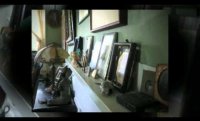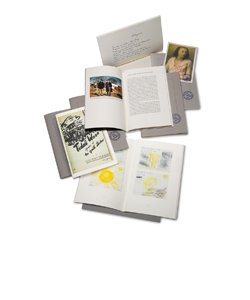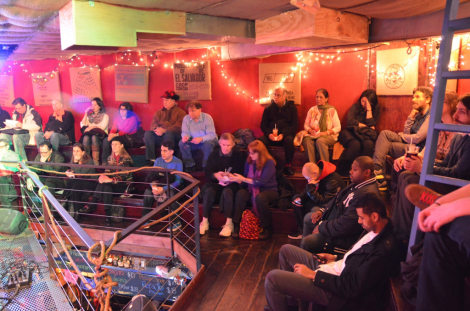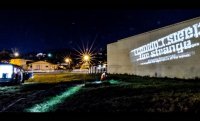Douglas Kearney Raps, Scats, and Grows Beautiful, Thorny Horns
Poet, performer, and librettist Douglas Kearney’s third poetry collection, Patter (Red Hen Press, 2014), examines miscarriage, infertility, and parenthood. His second book, The Black Automaton (Fence Books, 2009), was a National Poetry Series selection. He has received residencies and fellowships from Cave Canem, The Rauschenberg Foundation, and others. His work has appeared in a number of journals, including Poetry, nocturnes, Pleiades, The Boston Review, The Iowa Review, Ninth Letter, Washington Square, and Callaloo. Raised in Altadena, CA, he lives with his family in California’s Santa Clarita Valley and teaches at CalArts.
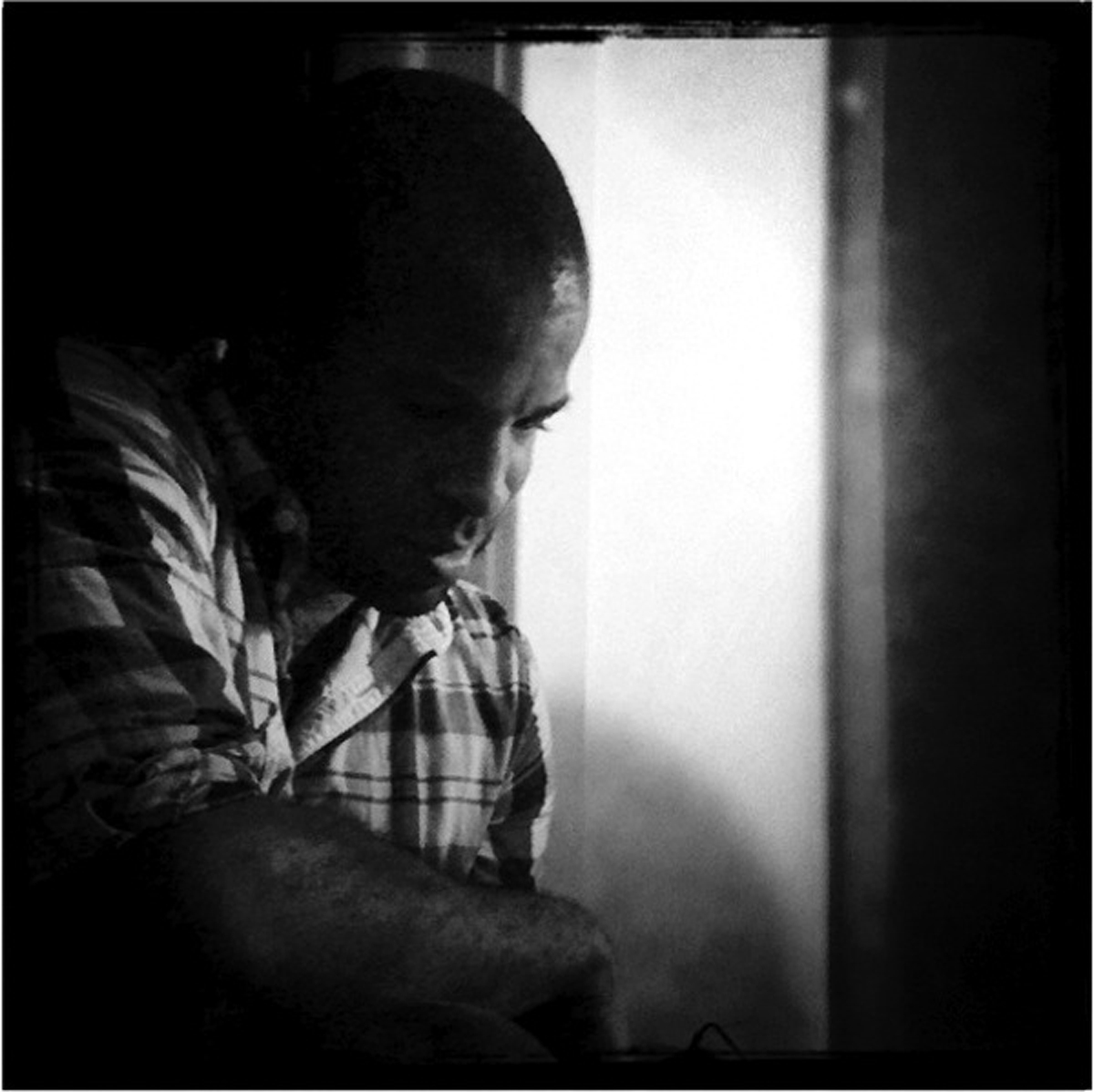 What are your reading dos?
What are your reading dos?
Gosh—reading dos. I remember that the writing of these poems was driven by some kind of dynamic source—intellectual, emotional, physical. If I remember that, it animates the poems, even the quieter ones. Going to hear a reader read a poem is simply not the same thing as reading it yourself. So as a poet giving a reading, I see no point in being absent from the work while presenting it live (reading in Times New Roman, I call it). That’s what the book is for. That does not mean that you have to shout, switch accents, and sing (though that’s often an honest part of the composition for me and many others)—but I think being present is necessary and audiences can tell, even when your version of present is to read without much affect.
How do you prepare for a reading?
Most of my preparation is around getting my voice ready. I’ll scat a bit so I know where my range will be and to get my tongue limber. It’s funny, it also gets me surer of enunciation. Then, there are two rap tracks I perform: Mos Def and Talib Kweli are Blackstar’s “Definition,” and Latyrx’s “Say That.” Both are two-emcee crews, so it stretches me out a bit in terms of timbre, cadence, and breath control. As the work has gotten more mercurial, more shard-full, I sometimes do Nicki Minaj’s verse from “Monster.” Then, I pray that I don’t get in the way of the work, that I don’t embarrass my ancestors and contemporary friends and family, and give thanks I get to do this at all.
When it comes to picking my “set,” I want to do a different one for every reading. But if I’m a bit nervous, I lean on past sequencing. I want to get out of that habit—explore the “deep cuts” (ha!) a bit more.
What’s your crowd-pleaser, and why does it work?
I don’t know how pleased crowds are with my poems that work. I’ll say the ones that are probably the most likely at getting the unsettled responses, that I think the work solicits, are the “Miscarriage” poems from Patter, and my “peppy poem about the Middle Passage,” “Swimchant for Nigger Mer-folk” from The Black Automaton. These work because most folks seem to know how they should react to the surface subject matter—yet, the poems don’t go there without some complications. I think the surprise of that is engaging to audiences.
Additionally, I’ve come to pay a lot more attention to the banter between poems as an extension of the writing in a live setting. So I rework setups a lot. A dear friend of mine, playwright, performer, poet, and musician Eisa Davis has referred to the banter as “my stand-up.” I do study comedians to work out timing, cringe humor, and audience interaction.
What’s the craziest (or funniest or most moving or most memorable) thing that’s happened at an event you’ve been a part of?
Two things! Once, way back at a group reading in San Diego, some guy stood up in the middle of one of my poems, shouted “Parasites!,” and stormed out. That was fun!
And once, I was having a public dialogue with Amiri Baraka in the Bay Area. I read a poem called “The Chitlin Circuit.” This involved me leaping from the stage and stalking around the crowd, getting louder and louder as I repeated a passage of the poem. When I got back to the stage, Mr. Baraka looked at me like I had grown horns—but bright, beautiful, thorny horns! Then, he read “Ka’Ba”—and it was like a balm spread over the room. I had never truly known so much love and yearning for peace was in that poem—and I understood viscerally something about the late poet and the power of poetry I had never known before.
What you probably spent your R/W grant check on:
Something for my kids. They are working at being high-maintenance.
Photo: Douglas Kearney Credit: Eric Plattner
Major support for Readings & Workshops in California is provided by the James Irvine Foundation. Additional support comes from the Friends of Poets & Writers





